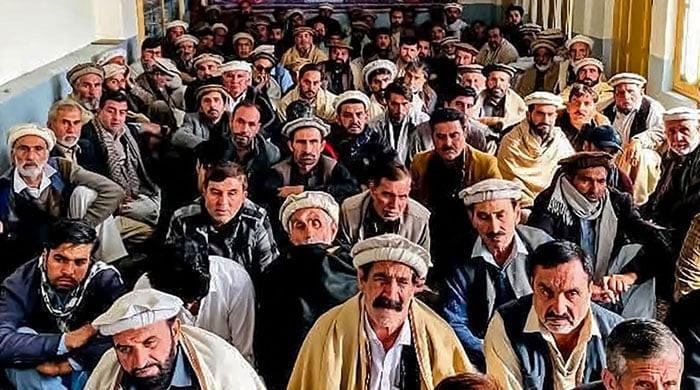FBR Ends Tax Exemption in FATA, PATA: Business Recorder Reports
The imposition of sales tax in FATA and PATA regions is expected to have a significant impact on the local economy, with concerns raised by traders and business associations. The government's decision to abolish the "further sales tax" and document the supply chain is expected to bring in revenue gains in the long term, despite a temporary revenue loss.

The Federal Board of Revenue (FBR) has decided to impose an 18% sales tax on goods and services in the erstwhile Federally Administered Tribal Areas (FATA) and Provincially Administered Tribal Areas (PATA), ending a five-year tax exemption in these regions.
This move aims to standardize the tax regime across Pakistan, following the expiration of a five-year tax holiday granted after the merger of these areas with Khyber Pakhtunkhwa. The FBR has instructed its field formations to implement the sales tax from July 1, 2024, affecting businesses and consumers in the region. Local traders and business associations have expressed concerns over the decision, warning of its potential economic impact on already fragile markets.
The government is set to abolish the 4% "further sales tax" on unregistered sales taxpayers, which will result in a temporary revenue loss but lead to the registration of the entire supply chain of businesses. The move aims to document the supply chain, covering dealers, wholesalers, and retailers, and bring in huge revenue gains in the long term. The FBR has proposed amendments in the Sales Tax Act for the documentation of the entire supply chain.
The decision reflects growing fiscal pressures and a push to broaden the tax base amid commitments to international lenders, especially the IMF. However, the move may spark criticism from stakeholders in the tribal belt, where development remains slow and economic recovery fragile. The government plans to end the tax holiday in the former Federally Administered Tribal Areas (FATA) and apply an 18% sales tax on goods manufactured in the region, aiming to raise over Rs45 billion in revenue during the next fiscal year.